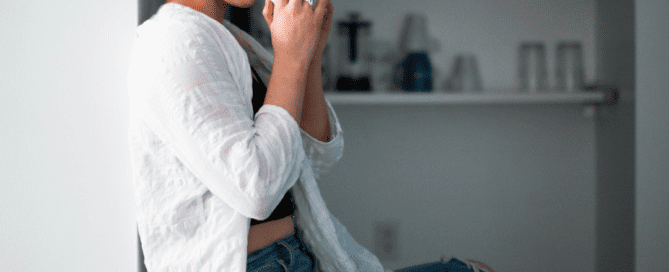Emotional Freedom Technique
By Dr. Angelina Riopel, ND EFT is a form of psychological acupressure, based on the same energy meridians used in traditional acupuncture. Instead of needles, simple tapping with the fingertips is used to input kinetic energy onto specific meridians on the head and chest while you think about your specific problem – whether it is a traumatic event, an addiction, pain, etc. — and voice positive affirmations. […]






